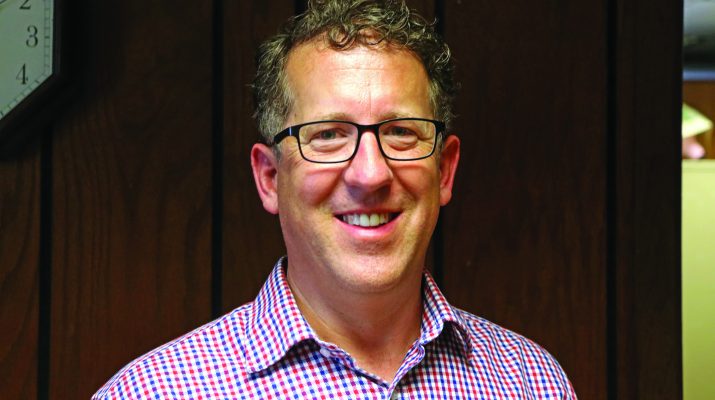As we transition into spring with farmers and ranchers hard at work, recognizing National Agriculture Week is a wonderful opportunity to celebrate how far we’ve come in American agriculture. According to a USDA study published in 2020, the seven decades from 1948 to 2017 saw American farmers nearly triple their total output while overall inputs remained nearly constant—a staggering achievement.
In 2023, despite battling severe drought, American producers posted record yields. This is only possible because of the miracle of innovation. Our producers rise early and work until the sun goes down, tirelessly testing and applying new ideas to make the most of the resources God has given. In Congress, I am committed to doing everything I can to support their efforts and reject backward policies which have contributed to elevated input costs.
On September 29, 2023, the Securities and Exchange Commission (SEC) proposed a rule creating a new category of investment companies called Natural Asset Companies (NACs). NACs would allow investors to hold controlling stakes in environmental resources including both public and private lands. I have serious concerns about the consequences of placing interests in rural areas in the hands of outside interests who may feel the need to restrict productivity in the name of a radical climate agenda. I was pleased to see the proposed SEC rule was withdrawn in January 2024.
Nebraskans’ commitment to caring for the land is what makes Nebraska so special. With valuable water resources in the Ogallala Aquifer and more miles of river than any other state, Nebraska has been well served by a unique structure of Natural Resource District (NRD) governance. I recently met with NRD officers from across the Third District empowering dynamic response to local needs and ensuring our state is better positioned for the future.
To continue to succeed, we will need to carry forward our commitment to innovation and sound policy. I have heard from young people and college students who grew up within the agriculture community who are nervous about their future in the industry. Many have a strong desire to come back and work on the family farm. However, financial obstacles such as economic uncertainty and the high cost of post-secondary education put them in a difficult position.
To make matters worse, a recent change to the Free Application for Federal Student Aid (FAFSA) form threatens to negatively impact families by eliminating an exemption for certain assets held by family farms and small businesses in its calculation of an applicant’s family’s net worth. Because this unfairly factors in land and implements which would need to be sold off to access its monetary value, I am a cosponsor of the Family Farm and Small Business Exemption Act. This bill restores the FAFSA exemption ensuring the financial condition of rural Americans is not evaluated unfairly when applying for college.
As the nation’s number one congressional district for agriculture, Third District producers have an incredible calling to feed the world. They are meeting it because producers themselves are utilizing new information to spark advancement and create a more productive environment. I am working hard to support their efforts through sound agricultural policy, such as my work on the Agricultural Trade Caucus, advocating for a strong Farm Bill, and my support for legislation to prevent foreign adversaries from purchasing American farmland. Thanks to scientific advancement and our strength to come together as Americans, there’s unlimited potential for greater growth and prosperity.

